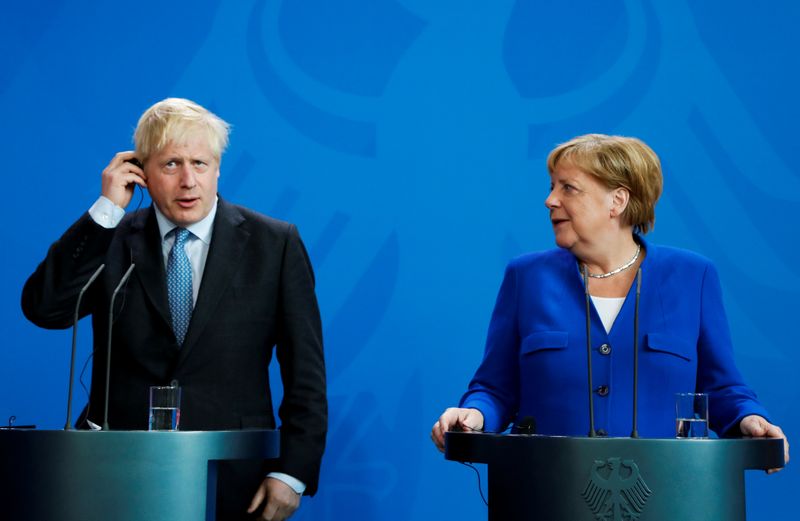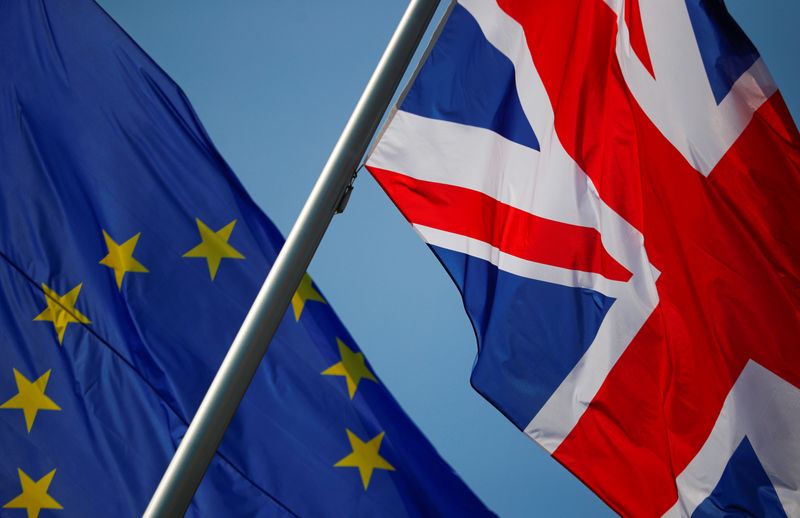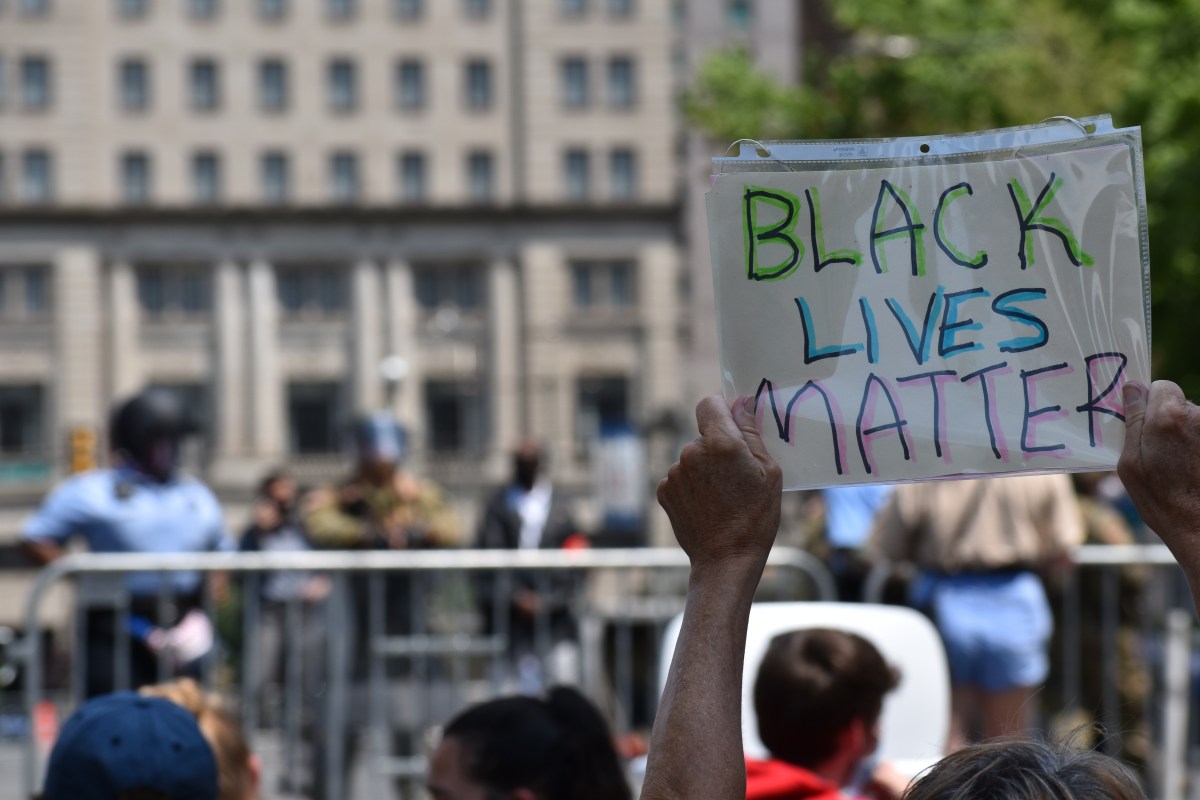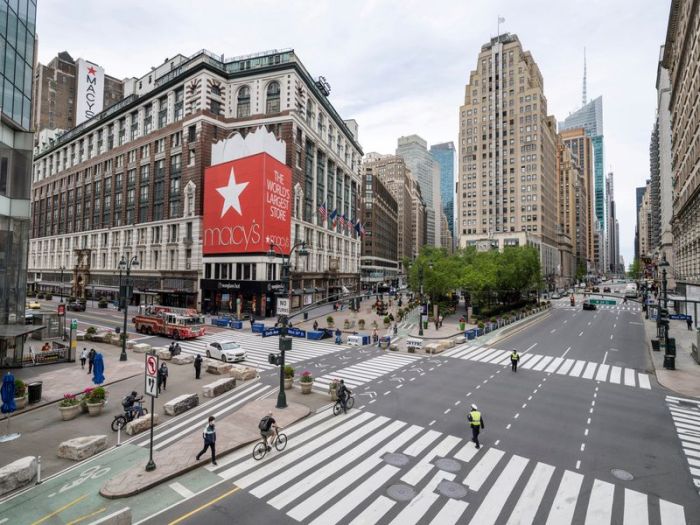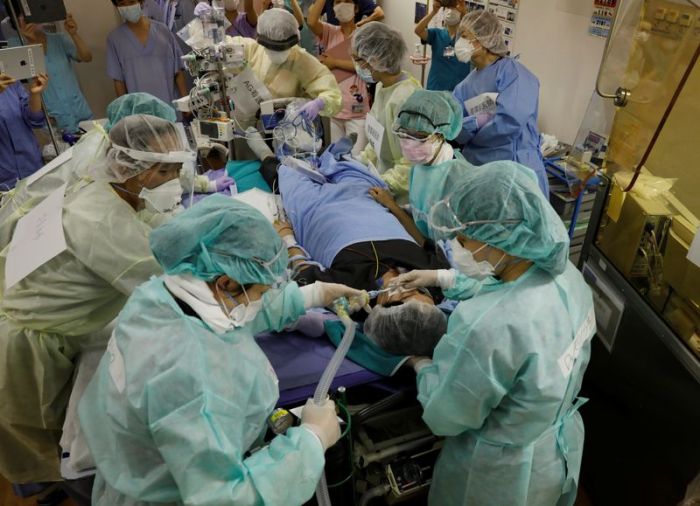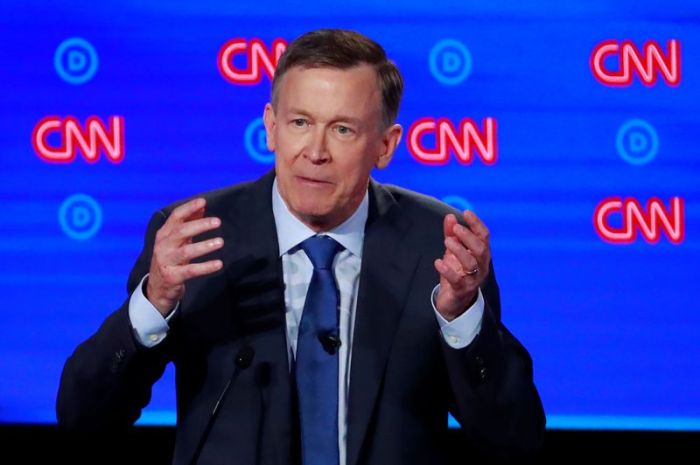BERLIN (Reuters) – The European Union and Britain have made “very limited” progress in negotiations about their future relationship, German Chancellor Angela Merkel said on Wednesday, adding there was still a possibility that no deal would be agreed.
Britain left the bloc on Jan. 31. Pressure is mounting to agree a free trade deal before the end of the year, when a transition period, during which Britain remains in the EU single market and customs union, expires.
The deadline falls within Germany’s six-month rotating presidency of the EU, which it assumed on Wednesday.
“Progress in talks is, to put it cautiously, very limited,” Merkel told parliament during a Q&A session.
“We have agreed with Britain to speed up the talks in order to seal a deal in the autumn that must be ratified by the end of the year,” she said. But Germany and the EU “must be prepared … for the possibility that a deal doesn’t materialise”.
A round of “intensified negotiations” is due this week.
German Foreign Minister Heiko Maas criticised London, saying the talks were moving “very sluggishly and slowly”.
“This is partly because we don’t know if the British want an agreement or not,” he told reporters.
The British prime minister’s spokesman said a deal was still possible but Britain was prepared for either scenario.
“We believe that there is a free trade agreement to be reached but we have also been very clear that we will be prepared for either eventuality at the end of the year, whether that be a free trade agreement or whether that be having a trading relationship based on the same terms that Australia currently has,” the spokesman told reporters.
Maas also said Berlin aimed to get a deal at a July 17-18 EU leaders’ summit on a European recovery fund to help economies hardest hit by the coronavirus and on a long-term budget.
Germany also wants to reschedule a leaders’ summit with China on an investment programme this year after one planned for September was postponed due to the coronavirus, said Maas.
(Additional reporting by Elizabeth Piper in London and Madeline Chambers; Reporting by Joseph Nasr; Editing by Maria Sheahan, Giles Elgood, William Maclean)

